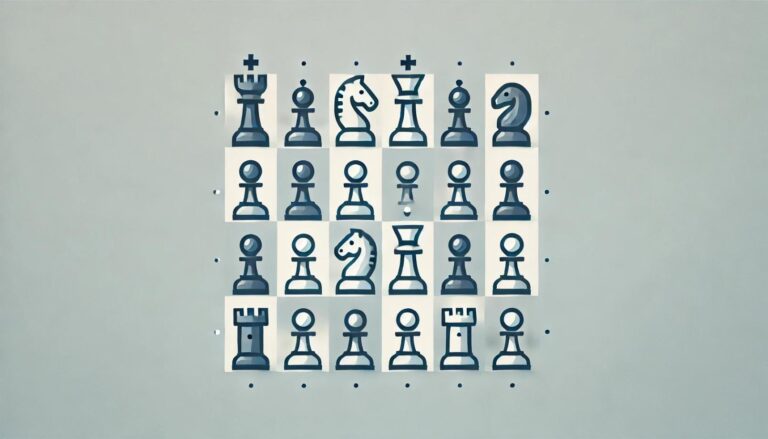Introduction
Chess is a game that has been enjoyed by people all over the world for centuries. It is a game of strategy, critical thinking, and patience. Each player has their own unique style and approach to the game, making it a diverse and fascinating sport. If you are new to chess, you may be wondering what type of chess player you are. In this article, we will explore the different styles of play and help you determine which one best represents you.
The Attacker
Some people are naturally aggressive and enjoy attacking their opponent´s pieces. This type of player is known as “the attacker.” They focus on creating threats and putting pressure on their opponent´s position. They are always looking for opportunities to launch an attack and can be relentless in their pursuit of victory.
If you enjoy playing aggressively and utilizing your pieces to control the board, then you are most likely an attacker. This style of play requires a strong understanding of tactics and the ability to calculate and foresee possible moves. Attackers are also skilled at creating opportunities for a checkmate.
However, being an attacker also has its drawbacks. Aggressive players can sometimes miss defensive moves and leave their own pieces vulnerable. It is important for an attacker to maintain a balance between attacking and defending to ensure they do not fall into a trap set by their opponent.
The Strategist
Unlike the attacker, the strategist prefers to plan their moves carefully and has a long-term approach to the game. They pay close attention to the position of each piece on the board and how they can work together to achieve a common goal. Strategists are excellent at controlling the center of the board and are patient in their approach.
If you are a strategist, you enjoy taking your time to evaluate the situation and consider all possible outcomes before making a move. You are also good at exploiting your opponent´s weaknesses and finding ways to gain an advantage. Strategists also have a good understanding of different openings and endgames.
However, this style of play also has its disadvantages. Strategists can sometimes struggle with time limits, as they tend to spend a significant amount of time analyzing each move. They can also have difficulty adjusting to unexpected moves from their opponent, as it alters their carefully planned strategy.
The Positional Player
Positional players have a unique ability to analyze and exploit the dynamics of the board. They focus on creating strong positions for their pieces and are excellent at finding weaknesses in their opponent´s position. Positional players are also patient and will take their time to set up their pieces before making an attack.
If you enjoy strategic planning and have a good understanding of pawn structure, then you are most likely a positional player. This style of play requires a deep understanding of the game and the ability to think several moves ahead. Positional players are also good at defending against attacks and capitalizing on their opponent´s mistakes.
On the downside, positional players can sometimes miss opportunities for a quick victory, as they tend to prioritize control of the board over aggressive moves. They can also struggle with time constraints, as their focus on finding the best position for their pieces can lead to longer games.
The Generalist
The generalist is a well-rounded player who can adapt to different styles of play. They have a good understanding of all aspects of the game and can switch between attacking, strategizing, and playing positionally. They are also skilled at assessing their opponent´s style of play and adjusting their own accordingly.
If you do not fit into any particular style described above, then you are most likely a generalist. This style of play requires a versatile mindset and the ability to think on your feet and change your strategy as needed. Generalists are also good at handling unexpected moves from their opponent.
However, being a generalist can sometimes mean not excelling in one particular style. They may not have the same level of expertise as a specialist in a specific style, which can make it challenging to succeed against a strong opponent with a specific style of play.
Conclusion
There is no right or wrong way to play chess. Each style of play has its own strengths and weaknesses, and it is up to the individual to find the one that works best for them. By understanding the different types of chess players, you can better identify your own style and continue to develop and improve your skills on the board. So take some time to reflect on your approach to the game and see if you fit into one of the categories we have discussed in this article.

